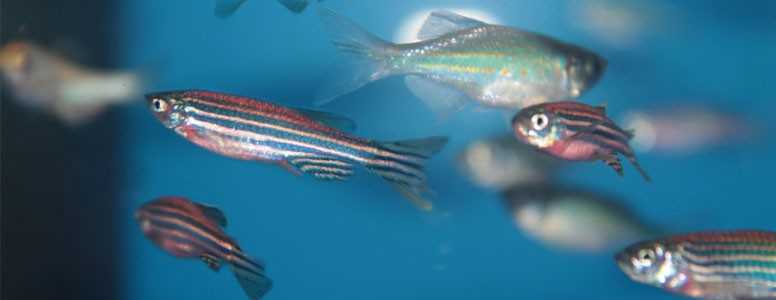Scientists have discovered a bacterial protein produced in zebrafish that could have implications for people with type 1 diabetes.
This protein has been found to trigger pancreatic beta cells to multiply during early development. Understanding how this process happens could therefore lead to new treatment approaches in type 1 diabetes, which is characterised by the destruction of these insulin-producing cells.
Researchers at the University of Oregon aimed to investigate how various sets of bacteria and microbes, known as the microbiota, affect the development of beta cells.
They used germ-free zebrafish as a model – embryos from the animal have already been used to identify potential type 1 diabetes drugs – and found that germ-free fish do not undergo the same expansion of beta cells as conventionally reared fish.
But when these fish were exposed to specific bacteria during the first week of life their beta cell mass was returned to normal levels.
This restoration ultimately led to the discovery of a protein called Beta Cell Expansion Factor A, or BefA, which stimulates the growth of insulin-producing cells.
Lead author Jennifer Hampton Hill explained: “The research suggests that animals rely on the cues and signals from the microbial communities that inhabit their bodies and that they are important for very intricate parts of development.
“It’s exciting to think that bacteria could play such an important role in a process that is so essential for homeostasis, for the ability to regulate glucose metabolism.”
Hampton Hill and colleagues believe that BefA is also present in several common bacteria associated with the human gut, and knowing its molecular identify should shed light on childhood microbiomes and the risk of type 1 diabetes.
“This is a new idea that the microbiome could be a source for signals for the development of the pancreas,” said co-author Karen Guillemin. “This is the first time that anyone has made a connection between the microbiome and the development of beta cells.”
The study appears online in eLife.
What's new on the forum? ⭐️
Get our free newsletters
Stay up to date with the latest news, research and breakthroughs.







